Popular on Food52
Continue After Advertisement
6 Comments
Caroline M.
January 8, 2017
What about wooden spatulas? For a bechamel sauce, I find that the flat edge is better for keeping the sauce from sticking, than a wooden spoon. I would always rather use wood than plastic, because you have to think ahead to what happens when you decide to throw it away. That said, I love a silicone spatula for getting every last bit of mix out of a mixing bowl or food processor.
Smaug
January 4, 2017
I eventually retired my wooden spoons; the silicone spatulas simply work better in every way. I've had no problem with the handles.
rod
February 6, 2016
I buy bamboo spoons and flippers for a dollar each in Chinatown (Toronto). They go in the dishwasher and last forever. Since I have no emotional attachment to them, when they do wear out, they get tossed and I buy more for a dollar a piece.
PinkCupcake22
July 25, 2014
I love the mint green spatula in the top photo; can you please tell me what brand it is or where it was purchased? Thanks!
bookjunky
July 25, 2014
The other thing about silicone spatulas is that if you get the two piece ones as pictured in the first photo, they get super disgusting between the handle and the head after a while. I didn't realize it for a while and then one day SAW what was inside the head and tossed it. Now I only use the one piece spatulas. Amazon is a good source.
I would also advise buying wooden spoons on etsy or another site where you can find handcrafted spoons of locally sourced good wood. It makes a BIG difference in the durability of the spoon, not to mention a craftsman's livelihood.
I would also advise buying wooden spoons on etsy or another site where you can find handcrafted spoons of locally sourced good wood. It makes a BIG difference in the durability of the spoon, not to mention a craftsman's livelihood.
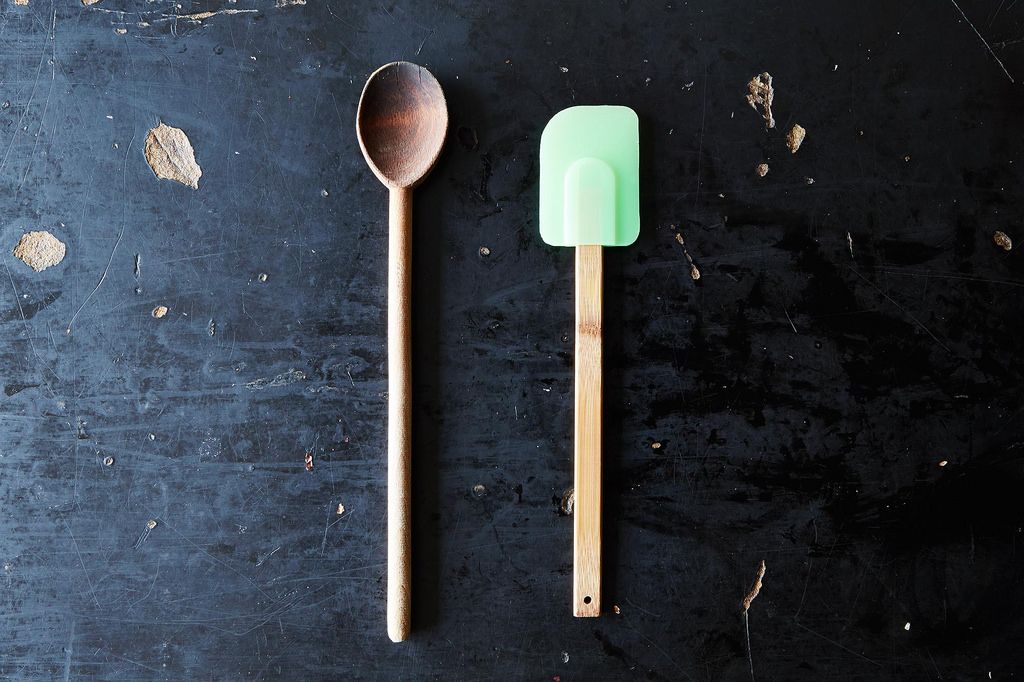
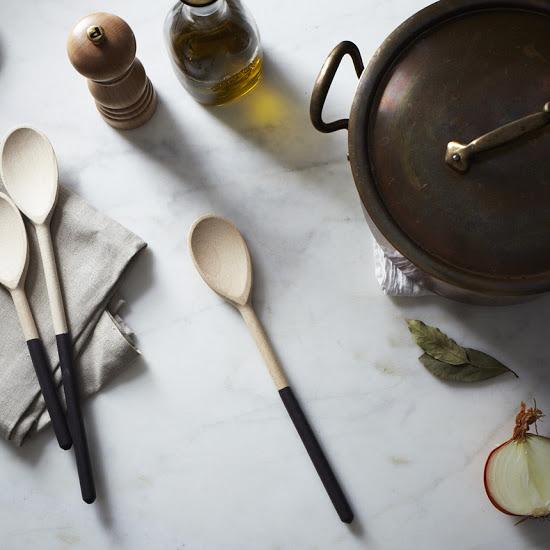
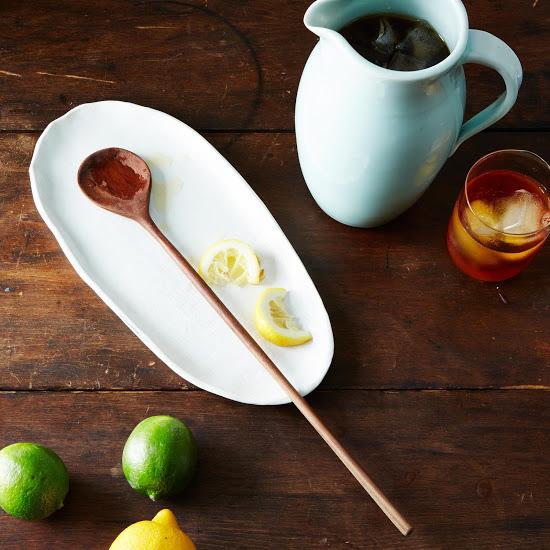
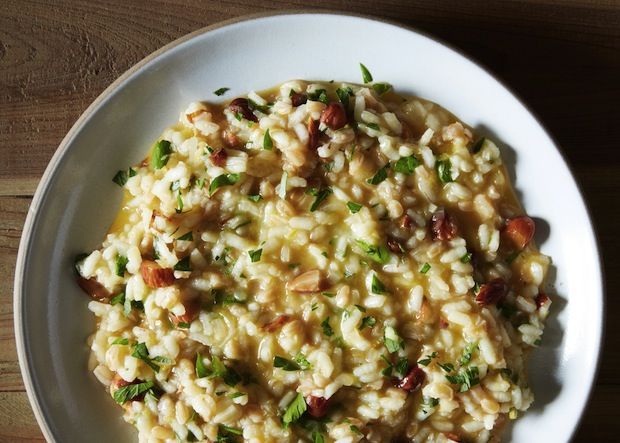
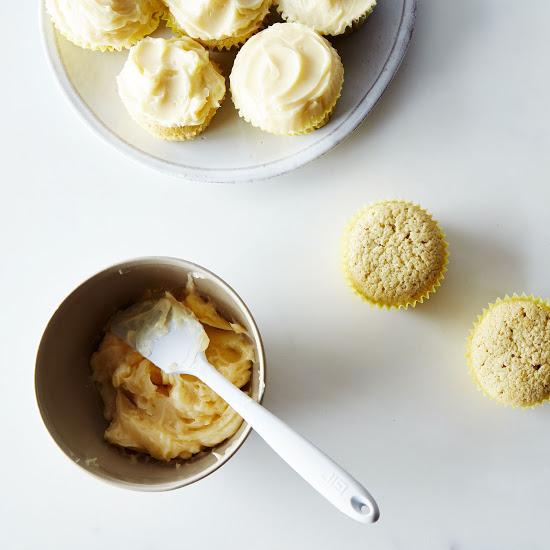
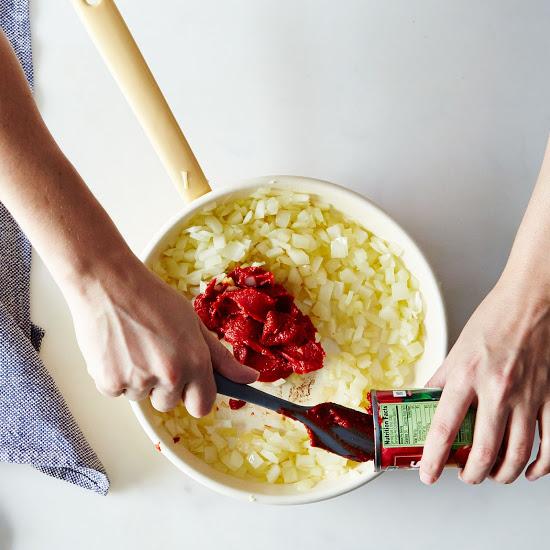
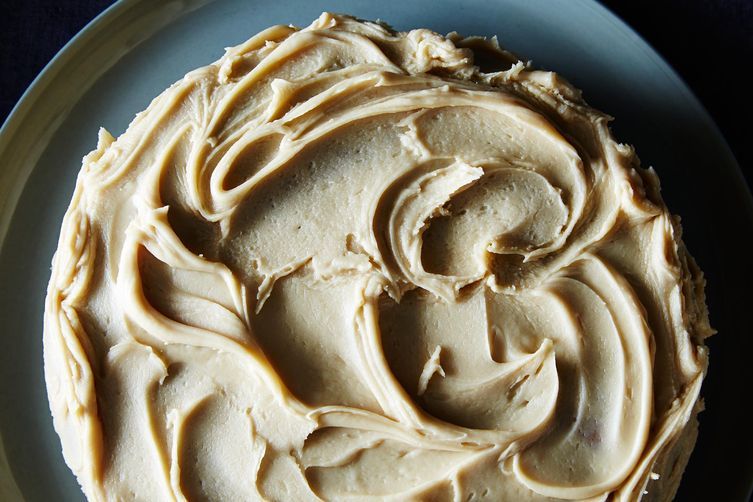

See what other Food52 readers are saying.